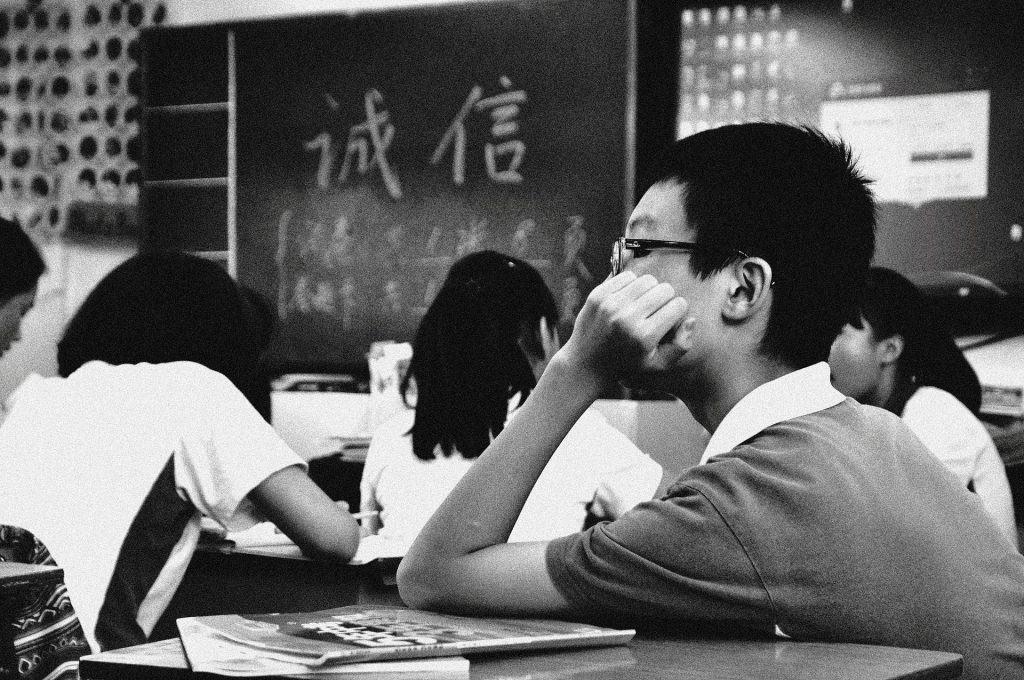
There are encouraging moves to increase access to higher education for students with disabilities. Yet all too often these initiatives are piecemeal with a failure to join up different measures or to address barriers to participation. One such barrier for many students with disabilities is assessment. A new report, "Re-imagining exams: How do assessment adjustments impact on inclusion?" by Joanna Tai, Rola Ajjawi, Margaret Bearman, Joanne Dargusch, Mary Dracup, Lois Harris and Paige Mahoney, and publsished by the National Centre for Student Equity in Nigher Education, in Australia, looks at how "Exams and other high-stakes time-limited assessments can act as barriers to success for some students in higher education).
New NCSEHE-funded research has found working with staff and students on refining assessment design and processes can improve experiences of inclusive exams and other high-stakes assessments for students with disability.
The project, led by Dr Joanna Tai from Deakin University, found that while most students had experiences that were not inclusive in relation to their high-stakes timed assessment, there was no single “easy” solution to re-imagining exams. A combination of approaches were important to support diverse students to demonstrate what they have learned through assessment.
Staff support, including the development of relationships, was powerful in ensuring students felt included. Minimising the bureaucracy required to obtain adjustments was spoken of positively. Within the context of COVID-19, the places and spaces of exams shifted to the home environment and, while this was generally seen as reducing the need for some types of adjustments relating to equipment, furniture and separate exam spaces, some students spoke of disruptive home environments with little space for study-related requirements. Exam design was also a key factor in students’ experience, including time and timing, format, and authenticity.
The project recommends collaborative work on assessment design and processes with stakeholders (including academic staff, students, accessibility practitioners, learning designers, education technologists, and representatives from professional bodies), and testing of inclusive assessment designs to ensure they meet the goal of improving inclusion for diverse students.
